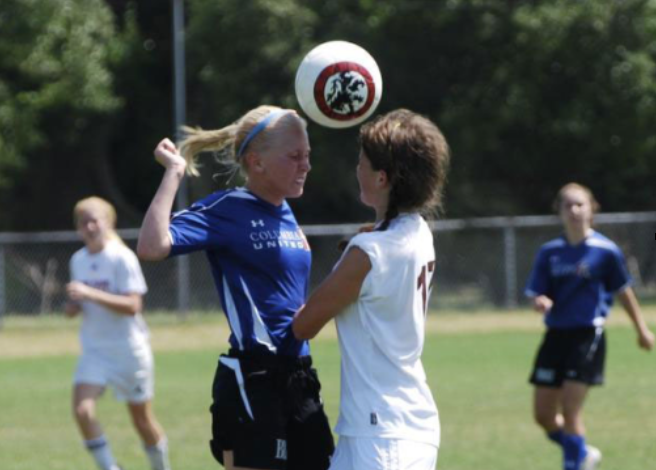With spring sports season in full swing, parents and coaches alike are watching young athletes for injuries on the field, court and rink — especially head injuries or concussions. But it’s not just in the game where these can occur.
“A concussion can result from a fall, a sports activity, a car accident or any other trauma to the brain,” said Dr. Daniel Charek, a concussion specialist with the Northside Hospital Sports Medicine Network. Any “shaking or jarring of the brain within the skull can cause a person to experience a concussion, even if the blow was not directly to the head.”
Sometimes, there are obvious signs that a concussion has occurred, such as when a person loses consciousness or is unable to recall memories for a period of time before or after the injury. Other times, it might be less obvious that a concussion has occurred, although the person with the injury might experience a variety of symptoms, such as headache, nausea, dizziness or blurry vision typically occurring within 24 to 48 hours after a head injury.
“It is important to know that an individual can sustain a concussion even if they do not lose consciousness or experience amnesia. Increasingly, we have learned that there are different types of concussions and each type is associated with specific treatments and management techniques,” Dr. Charek points out.
Regardless, after a concussion, next steps are crucial. “One of the most important things an athlete can do following a concussion is immediately remove themselves from play,” he said.
After experiencing a brain injury, you should visit your healthcare provider for individualized treatment. Most patients should maintain a consistent schedule around sleep, diet, and hydration. Aim for eight to nine hours of quality sleep each night with minimal and brief (20-minute) naps.
While maintaining a regular schedule, it’s also “essential to manage stress levels,” Dr. Charek notes. “Many concussion symptoms can be made worse by excessive stress.”
For athletes looking to get back on the field, some light exercise can help with recovery.
“Exercise can be an important part of the recovery process, although your level of physical activity will be determined by your medical provider. [But], activities posing a risk for further head injury should be avoided until the until the concussion has resolved,” he said.
This article was written by Dr. Daniel Charek, concussion specialist with Northside Hospital Sports Medicine Network and originally appeared in our April issue of EAST COBBER, on page 48. Click here to view the digital edition.







